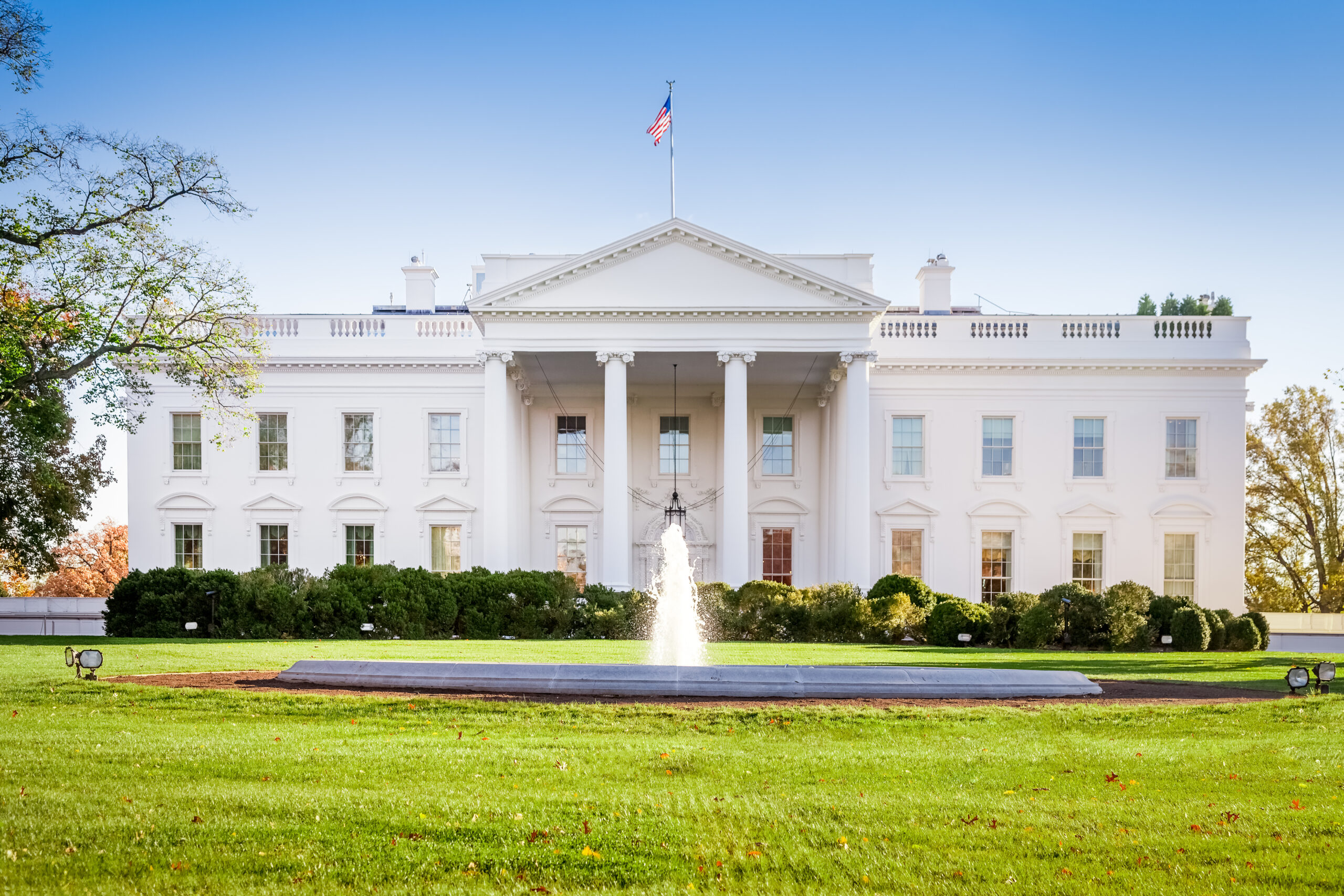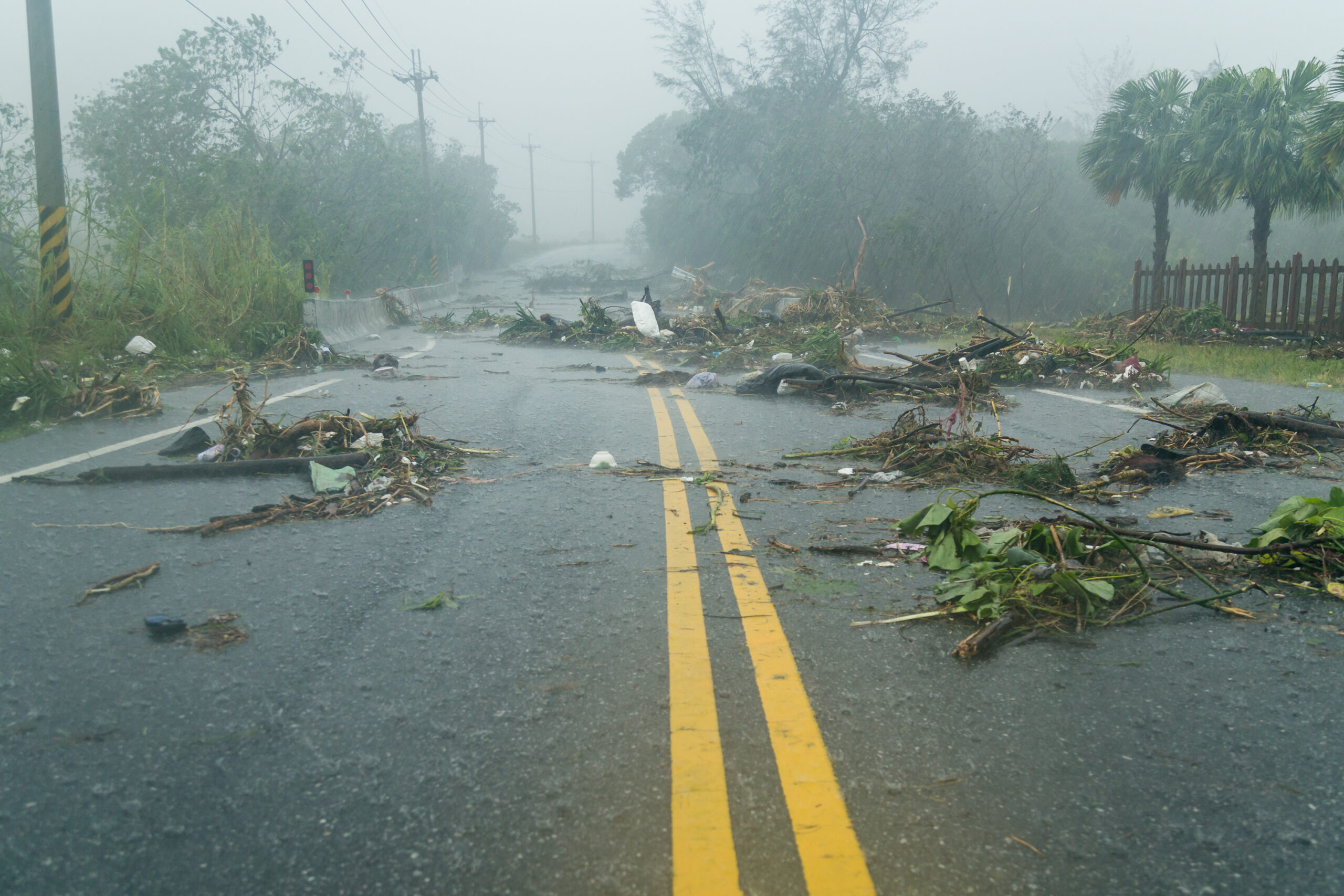New White House Global Health Security Strategy Announced
The White House recently announced the release of a new Global Health Security Strategy (GHSS) — a major step to ensuring the United States and countries around the world are better able to prevent, detect, and respond to health emergencies that pose security threats, including infectious diseases and pandemics.
Of major importance, the GHSS will help facilitate essential ways that nations and private sector partners will work together to address the challenges the future will inevitably bring, including emerging and systemic threats to public health, and the supply chain.
Health security at a global level is a priority for us at Healthcare Ready. As the White House noted in its statement, “a biological threat anywhere can turn into a health emergency everywhere.” This was certainly true with the COVID-19 pandemic, and at Healthcare Ready, we are continually evaluating the potential of emerging threats. In addition, our work to ensure domestic health security relies on a reliable, globally connected supply chain.
According to the White House, “Building on progress achieved since 2019 and incorporating lessons from the COVID-19 pandemic, the Global Health Security Strategy lays out a path to deliver on the goals in the 2022 National Biodefense Strategy and Implementation Plan and the bipartisan Global Health Security and International Pandemic Prevention, Preparedness and Response Act of 2022, which was enacted as part of the James M. Inhofe National Defense Authorization Act for Fiscal Year 2023.”
The White House also outlined three goals set to guide the United States’ agenda to advance global health security:
- Strengthen global health security capacities through bilateral partnerships, which includes tracking progress toward closing gaps in preparedness and response capacities and sharing those results publicly.
- Catalyze political commitment, financing, and leadership to achieve health security, which includes further strengthening efforts to expand equitable access to medical countermeasures.
- Increase linkages between health security and complementary programs to maximize impact
Top global health security risks
According to the Centers for Disease Control and Prevention, top global health security risks include:
- Emergence and spread of new infectious diseases
- Ever-increasing globalization of travel and trade, enabling disease to spread
- Rise of drug-resistant, disease-causing pathogens
- Potential for accidental release, theft or illicit use of dangerous pathogens
Call for increased health security, equity
At Healthcare Ready, we’re continuing our call for an even stronger response to health security issues on a national level, echoing the importance of collaboration, coordination, and information sharing that is included in the GHSS recommendations.
Healthcare Ready also prioritized equity and inclusion in its work, which is also noted as a priority in the GHSS. According to the White House, “GHSS places country-driven action, equity, and inclusion at its core to ensure the world is better prepared to prevent and respond to health emergencies.”
Healthcare Ready programs for health security
Much of Healthcare Ready’s work focuses on promoting health security through strengthening the supply chain and preventing drug shortages. Efforts include:
Supply Chain Resiliency: Collaborative Procurement Playbook, a collection of resources and tools to enhance and diversify strategies for supply chain resiliency, with a particular focus on collaborating with partners. We encourage you to collaborate with your teams and utilize the provided scenarios and worksheets within the playbook to explore how your facility can enhance its preparedness efforts.
Healthcare Ready’s report to Congress, Protecting National Public Health and Health Care Infrastructure for the Next Disaster, which makes specific, straightforward recommendations to Congress and federal agencies to help ensure that the nation is prepared and equipped to respond to the next public health emergency.
- Improve communication and coordination across all stakeholders in preparedness and response, including public and private sector entities; federal agencies involved in health care preparedness and response; and federally funded programs and/or offices and recipients (or subrecipients) of federal cooperative agreements. Efforts in this area must include defining roles and responsibilities across agencies and programs, improving bidirectional information sharing, and strengthening partnerships across agencies and sectors.
- Strengthen accountability by setting targets for all program goals and benchmarks for all standards of Administration for Strategic Preparedness and Response (ASPR) Hospital Preparedness Program (HPP) Cooperative Agreements and Centers for Disease Control and Prevention Public Health Emergency Preparedness Cooperative Agreements; and ensure monitoring and evaluation of progress with transparent reporting of results.
- Strengthen efforts to apply an equity lens to public health and health care preparedness and response by enhancing community engagement; addressing health-related social needs; and conducting research that will build the capacity of resources that support individuals with access and functional needs.
- Increase funding for federal preparedness and response to strengthen national and regional capabilities, help to achieve better outcomes after disasters, and contribute to ensuring our nation’s health security against future public health threats.
This report was undertaken by Healthcare Ready as part of a cooperative agreement with ASPR, as required by the 2019 reauthorization of the Pandemic and All-Hazards Preparedness Act (PAHPA).
The recommendations are based on an evaluation of current preparedness and response programs and activities authorized by the Public Health Service Act and later amendments. Launched in 2019, the evaluation includes lessons learned from the COVID-19 pandemic and prior public health emergencies. At this time, Congress has yet to reauthorize the PAHPA, which reminds us about the ongoing need to advocate for important initiatives. The GHSS is an important step in resilience, but much work remains to be done to ensure how we are prepared to respond to future disasters.







